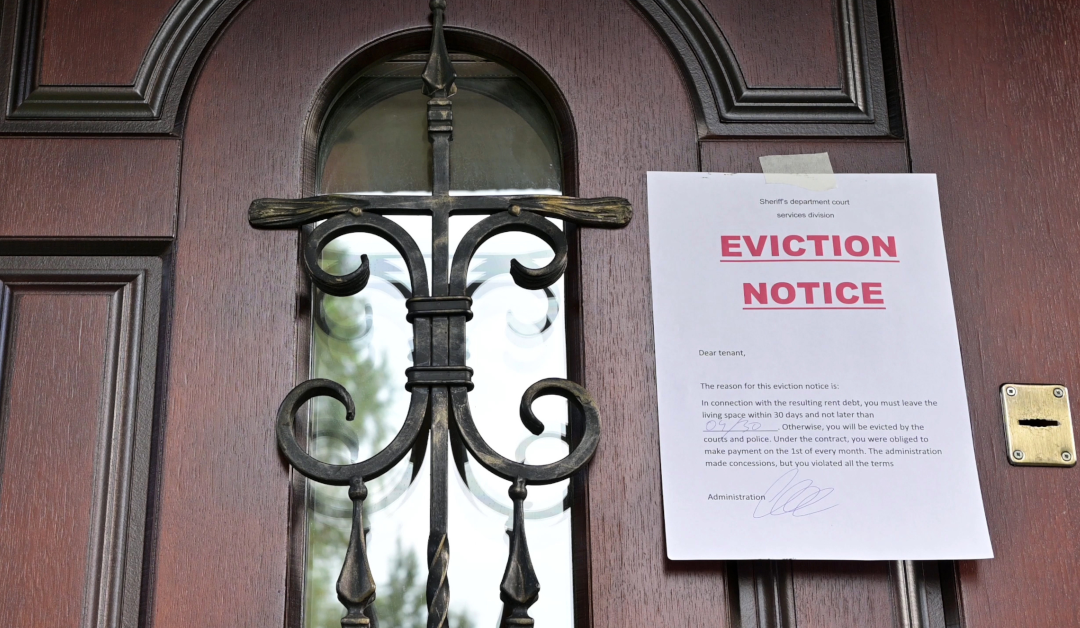Facing an eviction or having to evict a tenant can be a daunting and stressful experience. It’s a process filled with legal intricacies, often leaving both landlords and tenants unsure of their rights and responsibilities.
Whether you are a landlord seeking to regain possession of your rental property or a tenant striving to protect your home, understanding the eviction process is crucial. This guide aims to demystify the eviction process in New York, providing clear, accurate information for both parties.
Legal Procedure for Tenant Eviction in New York State
In New York, the only legal way to evict a tenant is for the property owner to initiate and win a court case, resulting in a judgment of possession. This judgment authorizes the eviction, which only a sheriff, marshal, or constable can execute.
Tenants facing the threat of eviction should consider seeking legal assistance. As a tenant, you can hire a private practice landlord-tenant attorney like Warren S. Dank, Esq., P.C., or contact legal services organizations to safeguard your rights.
Legal Grounds for Eviction
To lawfully end a tenancy before the agreed rental period expires, a landlord must have a valid reason. Under New York law, landlords can evict tenants for several reasons, including non-payment of rent, lease violations, or if the tenant stays after the lease has ended.
The landlord must begin the eviction by giving the tenant a written notice. The type of notice depends on the reason for the eviction. A 14-day notice to pay rent or quit is required for non-payment of rent. The landlord should issue a ‘notice to cure’ for lease violations, allowing tenants ten days or a rent regulation-specified duration to rectify the issue.
If unresolved, a ‘notice of termination’ follows, indicating the end of tenancy due to the uncorrected violation, giving the tenant 30 days to vacate. Failure to vacate allows the landlord to initiate court-based eviction proceedings.
Tenant’s Rights and Defenses: Knowing Your Ground
Tenants in New York have specific rights during the eviction process, including the right to a court hearing and the opportunity to present defenses. Even if a landlord believes they have grounds for eviction, a tenant may choose to contest it. Several legitimate defenses may be available to the tenant, such as:
- Illegal “self-help” eviction, such as the landlord cutting utilities or changing locks
- Improper legal procedure by the landlord
- Poor rental maintenance
- Discriminatory eviction
Work With an Experienced Landlord-Tenant Attorney
Whether you’re a landlord seeking to understand your rights or a tenant facing eviction, the guidance of an experienced landlord-tenant attorney is invaluable. If you need legal help in navigating the eviction process, trust Warren S. Dank, Esq., P.C.
With extensive experience in New York’s landlord-tenant law, we can provide the guidance and representation you need. Contact us today to ensure your rights are protected throughout the eviction process.

